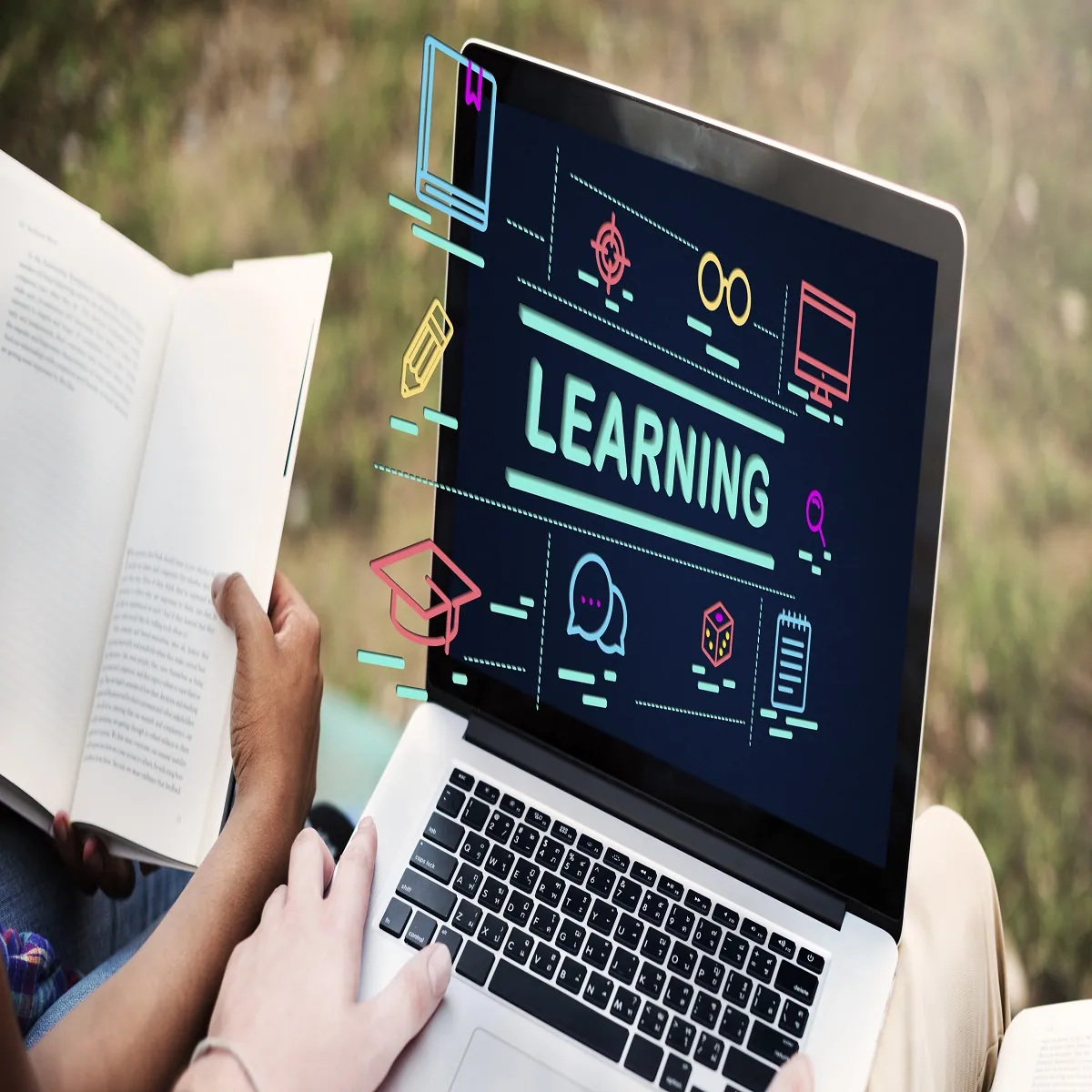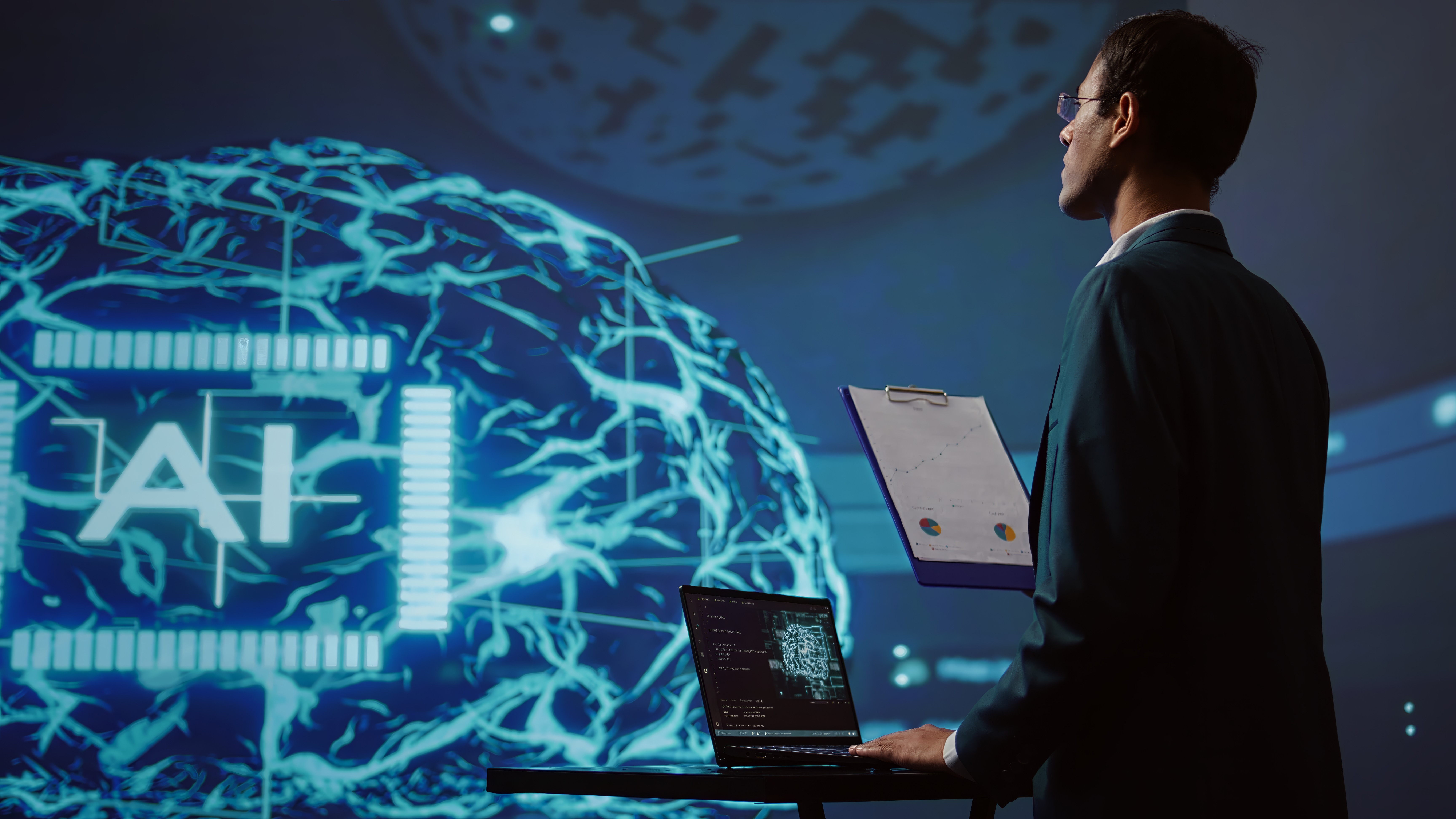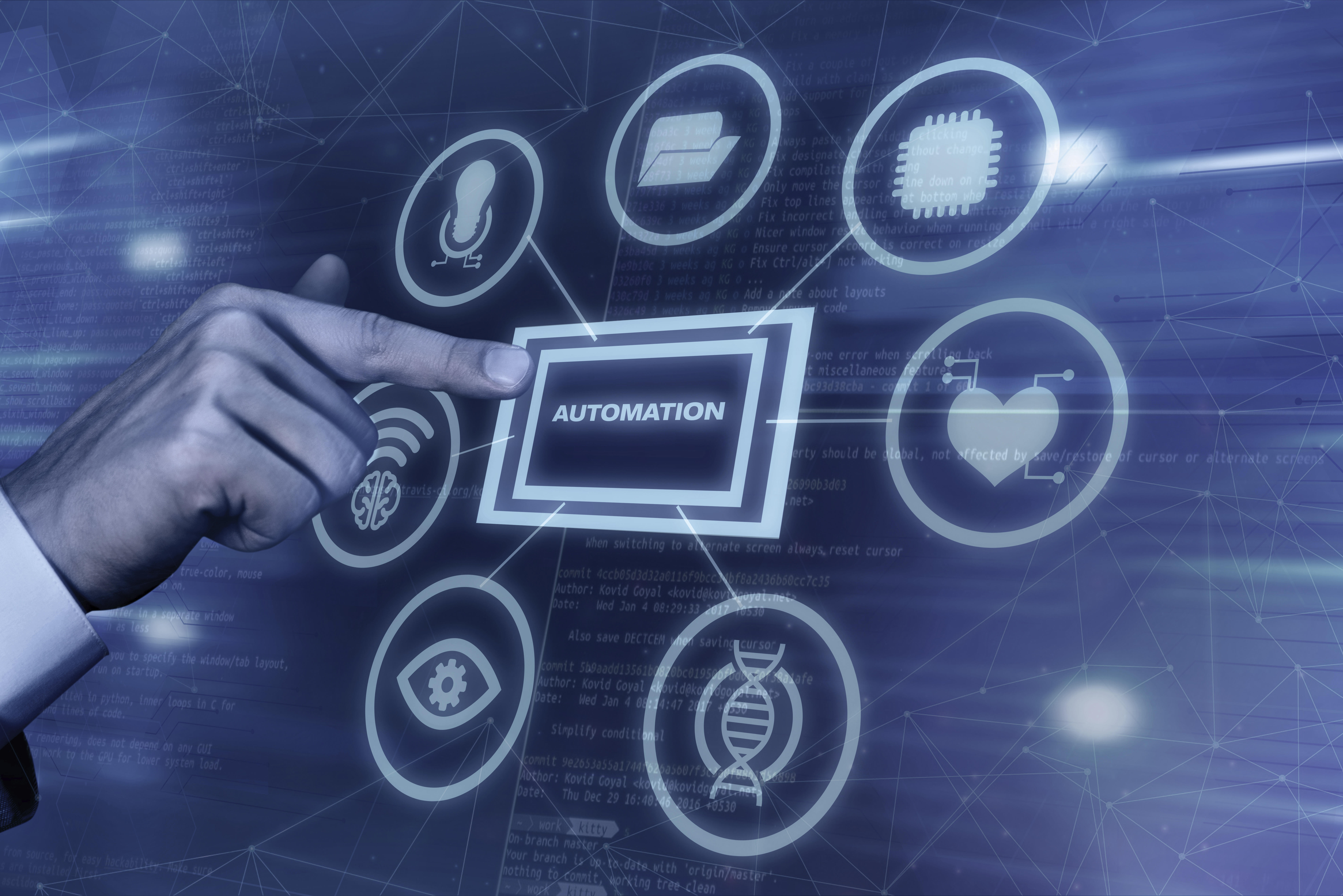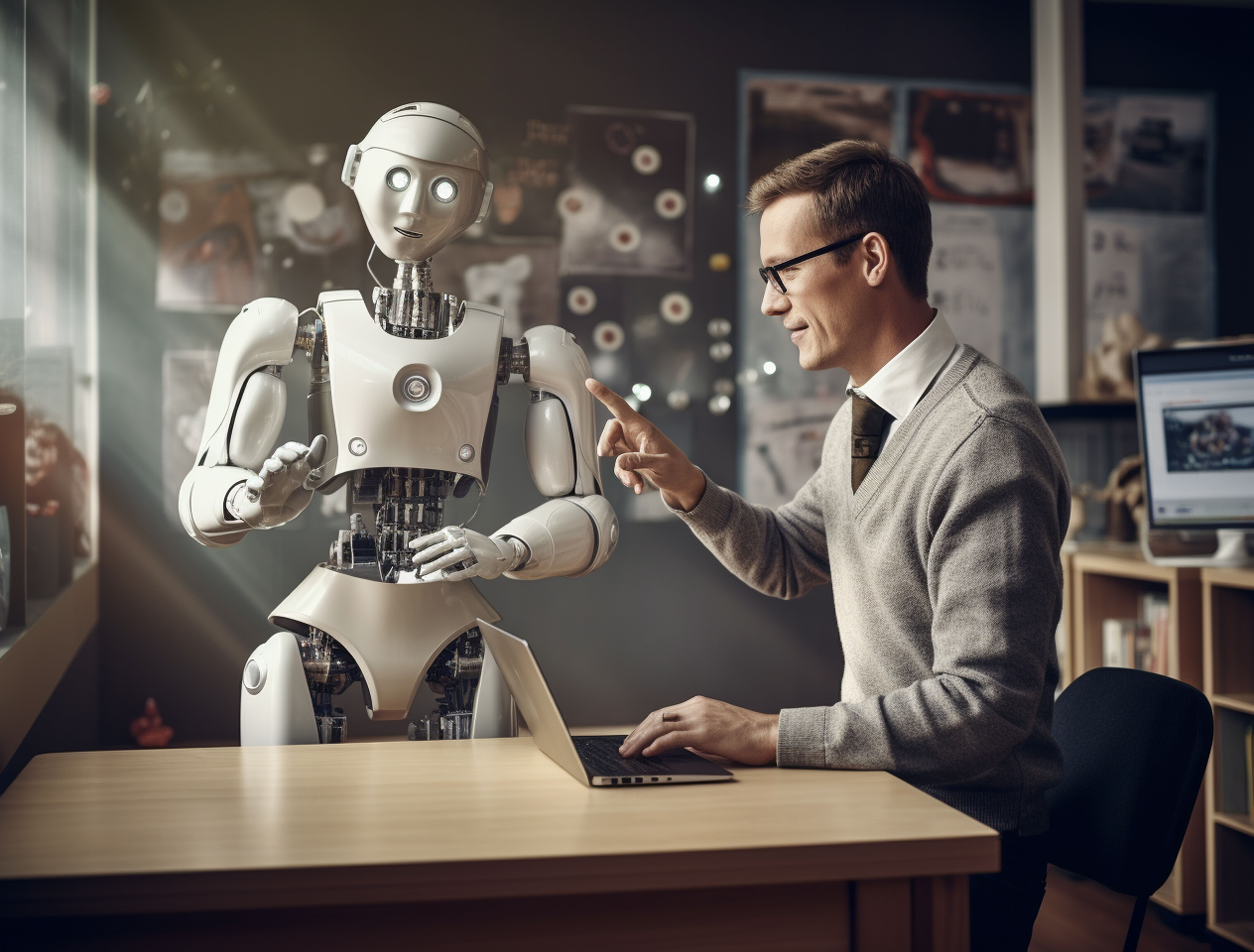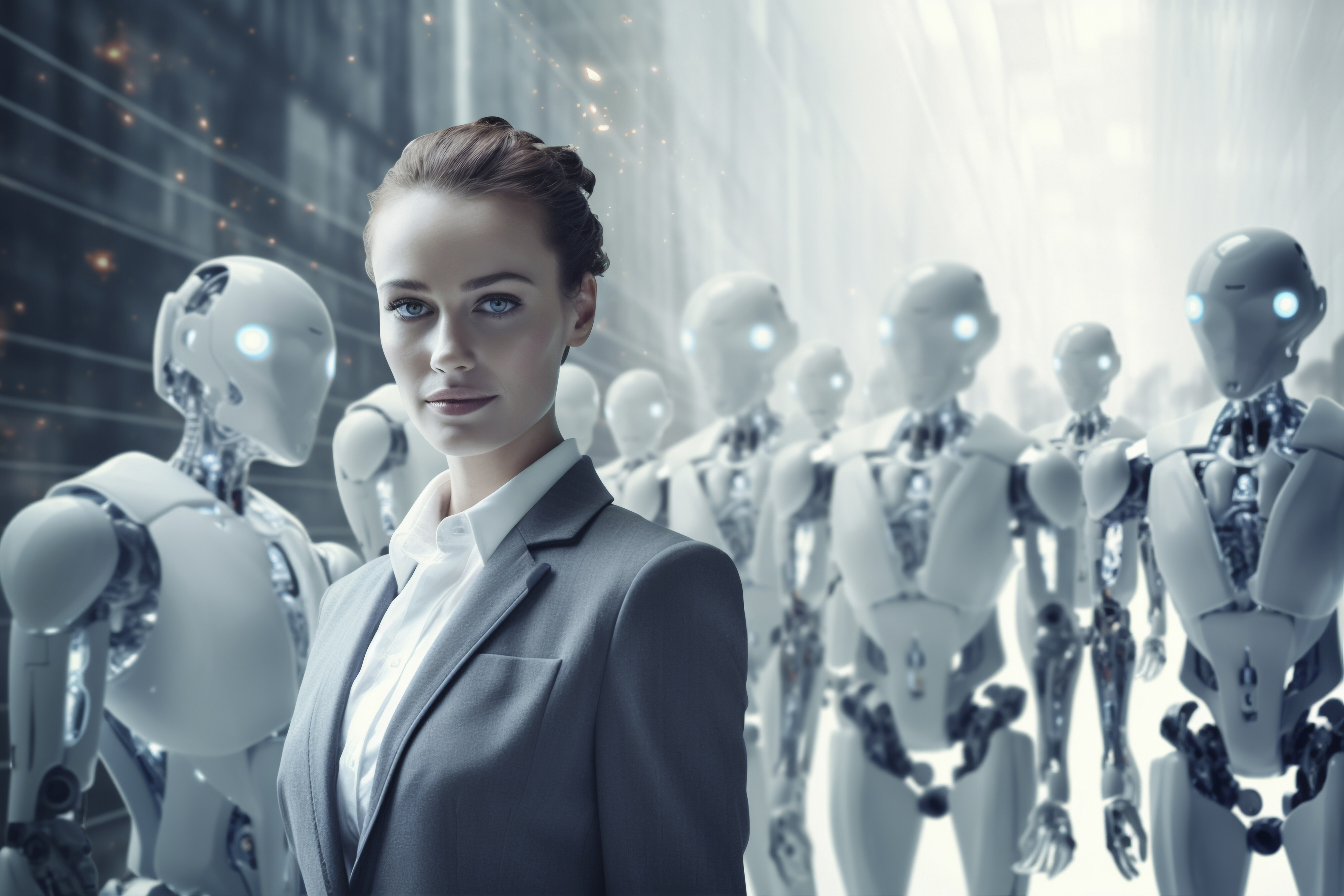What is Artificial Learning? Learn Artificial Learning Step by Step
What is Artificial Learning and Why is it Important?
Artificial learning is a key branch of artificial intelligence (AI) that focuses on teaching machines to learn from data, identify patterns, and make decisions without being explicitly programmed for every task. Instead of following fixed, rule-based instructions, systems powered by artificial learning adapt and improve over time through experience—much like how humans learn from trial and error. This ability to self-improve makes them more efficient, accurate, and capable of handling complex tasks across various industries. From healthcare and finance to education and entertainment, artificial learning is driving innovation and transforming how we interact with technology in the real world.
As artificial learning continues to evolve, it’s becoming a crucial part of everyday life—often in ways we don’t even notice. Whether it’s personalised recommendations on streaming platforms, voice recognition in smartphones, or fraud detection in banking, artificial learning helps make digital experiences smarter and more seamless. Its growing influence also means that understanding how it works is increasingly valuable—not just for tech professionals, but for anyone interested in the future of work, education, and innovation.
What is Artificial Learning?
Artificial learning is the process by which machines and systems learn from data, identify patterns, and make decisions with minimal human intervention. This learning is typically achieved through artificial intelligence (AI) techniques such as machine learning and deep learning. Unlike traditional programming, where every instruction is manually coded, artificial learning enables systems to improve and adapt based on experience — much like humans do. At its core, artificial learning involves feeding large amounts of data into algorithms. These algorithms then adjust themselves to make better predictions or automate tasks. This ability to learn and improve without being explicitly reprogrammed makes artificial learning a powerful tool across many industries.
Why Does Artificial Learning Matter in Today's World?
In today's digital age, artificial learning plays a vital role in helping organisations, governments, and individuals make faster, smarter decisions. From predicting customer behaviour in e-commerce to enabling self-driving cars to navigate roads safely, the uses of artificial learning are expanding rapidly. Healthcare providers use it to analyse medical data for faster diagnoses. Financial institutions use it to detect fraud in real-time. Even social media platforms rely on artificial learning to personalise user experiences. Artificial learning is especially significant because it helps systems become more efficient over time. As the system receives more data, it refines its ability to make accurate decisions, leading to increased productivity and reduced human error.
Real-life Examples of Artificial Learning
Artificial learning can be seen in many areas of our daily lives. Voice assistants like Siri and Alexa use artificial learning to understand speech patterns and improve their responses over time. Email spam filters become better at identifying unwanted messages by learning from the emails users mark as spam. Recommendation engines on platforms like Netflix and Amazon analyse user behaviour and preferences to suggest movies, shows, or products tailored to individual tastes. These real-life examples highlight how AI for learning is not just a concept for the future—it is already actively shaping the technology we use every day.
How Does AI for Learning Help Us Learn Better?
In today’s digital age, artificial intelligence is transforming how we learn by making education more personalised, accessible, and efficient. AI for learning uses smart algorithms to adapt content to individual needs, helping learners progress at their own pace while receiving targeted support. From schools and universities to workplace training, AI is reshaping the learning experience in powerful ways.
What Does AI for Learning Mean?
Refers to the use of artificial intelligence technologies to enhance and personalise the learning experience. It involves systems that can analyse data, recognise patterns, and adapt educational content to suit individual learners. Rather than delivering the same lesson to everyone, AI can tailor lessons, quizzes, and feedback based on each learner’s pace, strengths, and weaknesses. This personalised approach is transforming both classroom education and online learning platforms.
Applications of AI for Learning in Education and Training
AI is already being used in various ways to support education and training. Intelligent tutoring systems can provide one-on-one support to students, helping them understand difficult concepts with step-by-step guidance. In schools and universities, AI tools can automate administrative tasks such as grading, allowing teachers to focus more on instruction. For corporate training, AI-driven platforms can track employee progress and recommend learning paths based on job roles and skill gaps. Language learning apps, like Duolingo, use AI to adapt lessons in real time, ensuring learners stay engaged and challenged.
Benefits and Challenges of Using AI for Learning
The main benefit of using is personalisation. Every student learns differently, and AI makes it possible to deliver content in a way that suits each individual. It can also improve access to quality education, especially in remote or underserved areas, by providing scalable and affordable learning tools. However, there are challenges too. Data privacy is a major concern, as AI systems require access to user information to be effective. There is also the risk of over-reliance on technology, which might reduce human interaction in learning environments. Despite these challenges, AI is set to play a key role in the future of education and lifelong learning.
How are AI and Learning Connected?
AI and learning are intricately connected, with artificial intelligence fundamentally reshaping how education is delivered and experienced. By integrating AI into learning environments, educational systems can offer more personalized, efficient, and scalable solutions. From adaptive learning platforms to intelligent tutoring systems, AI is making it possible to cater to individual learning styles and improve overall outcomes. As AI continues to evolve, its impact on education and the way we learn will only grow stronger.
How AI and Learning are Changing Education
AI and learning are revolutionising the way we approach education. Traditional classrooms often follow a one-size-fits-all model, but with AI, education can be personalised to meet the unique needs of each student. AI systems can analyse student performance, identify areas where they struggle, and provide tailored resources to help them succeed. This personalised approach ensures that no student is left behind, regardless of their learning pace. Additionally, AI-powered tools can automate administrative tasks like grading, freeing up valuable time for educators to focus on teaching and student engagement.
The Role of Machine Learning in Artificial Learning
Machine learning, a subset of AI, plays a crucial role in artificial learning by enabling systems to improve automatically based on experience. In the context of education, machine learning algorithms can process vast amounts of student data to predict learning outcomes and suggest customised learning paths. For example, platforms that use machine learning can analyse which subjects or materials a student struggles with most and adjust future lessons to focus on those areas. By continuously refining their understanding, these systems become more effective in supporting individual learners, helping them achieve better academic outcomes.
Future Trends in AI and Learning
The future of AI and learning is bright, with emerging trends poised to further transform the educational landscape. One of the most exciting developments is the use of virtual and augmented reality, which, when combined with AI, will create immersive learning environments. These technologies allow students to engage in hands-on learning experiences without leaving the classroom. Additionally, AI is expected to continue making education more accessible by breaking down barriers such as language, location, and learning disabilities. With ongoing advancements, the potential for AI in education seems limitless.
How to Learn Artificial Intelligence?
Learning artificial intelligence (AI) can be an exciting and rewarding journey, especially as it becomes increasingly relevant across industries. Whether you’re a complete beginner or someone with a basic understanding of technology, the process of learning AI involves mastering key concepts, gaining hands-on experience, and continuously building on your knowledge. By following a structured path—from understanding the basics of AI to working on real-world projects—you can gradually develop the skills necessary to thrive in this dynamic field.
Understand the Basics of AI
The first step in learning artificial intelligence is to grasp the foundational concepts. Begin by understanding what AI is, its different types (such as narrow AI and general AI), and how it functions. Key topics to explore include algorithms, data structures, and the importance of data in training AI models. Gaining a clear understanding of these basics will lay a solid foundation for your AI learning journey.
Learn Key Concepts in Machine Learning and Deep Learning
Next, dive into machine learning (ML) and deep learning (DL), which are subsets of AI that enable systems to learn from data. In machine learning, focus on understanding supervised learning, unsupervised learning, and reinforcement learning. Deep learning, which involves neural networks, is a more advanced area that mimics how the human brain processes information. By learning these core concepts, you’ll be able to understand how AI systems can evolve and make predictions or decisions based on experience.
Get Hands-On with AI Tools and Platforms
Once you have the theoretical knowledge, it’s time to start applying what you’ve learned. There are numerous AI tools and platforms like TensorFlow, PyTorch, and Scikit-learn that allow you to experiment with machine learning and deep learning models. Start by experimenting with small datasets, and gradually move to more complex problems. This hands-on experience will help solidify your understanding and build practical skills.
Work on Simple AI Projects
After gaining experience with AI tools, work on simple AI projects to reinforce your learning. Building projects such as a recommendation system, image classifier, or chatbot will give you real-world experience in applying AI concepts and troubleshooting issues that arise.
What are the Best Resources to Learn Artificial Intelligence?
Finding the right resources is key to effectively learning artificial intelligence, especially for beginners. With so much information available, it’s essential to choose the best tools, platforms, and materials to guide your learning journey. From online courses and recommended books to active communities and hands-on projects, there are a wealth of resources designed to help you master AI concepts. By leveraging these resources, you can build a solid foundation in artificial intelligence and gain the practical skills needed to succeed in this rapidly growing field.
Online Courses for Beginners
When starting your journey to learn artificial intelligence, online courses are an excellent way to gain structured, beginner-friendly knowledge. Many platforms offer courses that cater to different levels of expertise, from absolute beginners to advanced learners. Some popular online course platforms like Coursera, edX, and Udacity provide AI courses from renowned universities and companies. Look for introductory courses that cover the basics of AI, machine learning, and deep learning, with practical assignments to help solidify your understanding.
Recommended Books, Tutorials, and Communities
In addition to online courses, books and tutorials are valuable resources for self-study. Some of the best books for beginners include "Artificial Intelligence: A Guide for Thinking Humans" by Melanie Mitchell and "Hands-On Machine Learning with Scikit-Learn, Keras, and TensorFlow" by Aurélien Géron. These books offer in-depth explanations of AI concepts and provide practical examples. Additionally, online tutorials, such as those found on Medium, Towards Data Science, and YouTube, can guide you through coding exercises. AI-focused online communities, such as Reddit's r/Machine Learning and Stack Overflow, allow you to ask questions, share experiences, and learn from fellow learners and experts.
How LAI (Learn Artificial Intelligence) Can Help You Start
For those looking for a more tailored and comprehensive learning experience, LAI (Learn Artificial Intelligence) offers a variety of online courses designed to help beginners master AI concepts at their own pace. With expert instructors, interactive learning materials, and real-world projects, LAI provides a hands-on approach to AI education. The platform also features community support and resources that ensure learners are guided every step of the way, making it an ideal choice for anyone looking to start their AI journey.
Conclusion
Now is the perfect time to learn artificial intelligence, as the demand for AI skills continues to grow across industries. AI is reshaping the way we work, live, and learn, creating countless opportunities for those who master it. By starting your AI journey now, you can position yourself to take advantage of these exciting advancements. For beginners, it's essential to start with the basics, apply your learning through hands-on projects, and engage with online communities. Persistence and continuous learning will help you stay ahead in the rapidly evolving field of AI.

